Description
- Katyayani Azotobacter is a Nitrogen Provider : Nitrogen Fixing bio fertilizer that enhances the productivity of the soil by fixing atmospheric Nitrogen in the soil. It gives natural Ammonia to Plants which is a replacement to Harmful Nitrogen providing Chemical Fertilizers.
- Katyayani Azotobacter is a powerful liquid solution with Recommended CFU ( 5 x 10^8 ) thus powerful liquid Solution and better Shelf life then other Powder & Liquid forms of Azotobacter in the market.Recommended For Organic Farming by NPOP & Gardening.It is recommended input for Organic Plantations for Export Purposes
- Azotobacter is widely used in Fibre Crops , Sugarcane , Plantation crops , Vegetables , Fruits , Spices , Flowers , Medicinal crops , Aromatic Crops , Orchards and Ornamentals Capable of fixing minimum 10 gm of N per gm of sucrose consumed Target crops Cereals and Millets & Other plants for gardening.
- Azotobacter is used for increases number & length of roots and shoots.Helps to increase the crop yield.improves the plant vigour and health.Help to improve the soil health.Azotobacter is a Completely Eco-friendly Harmless bio fertilizer and 100% Organic Solution. It is a cost effective bio fertiliser Best for Domestic Purposes like home garden Kitchen Terrace Garden , Nursery & Agriculture Practices.
- Dosage :For Domestic Use take 10 ml per Liter water. Seed Treatment – 15 ml per Kg seed..Soil treatment : 1-2 Liter Azotobacter per Acre For Drip irrigation : 1.5-2 Litre.Detailed Instructions are given along with the product.
Tagget Crops : wheat , paddy rice , sorghum , bajra , barley , maize , coffee , tea , cocoa , sugar cane , opium , sisal , oil seeds , oil palms , fruits , rubber trees Jute , Cotton , Sugarcane , Tomato , Brinjal , Chilli , Capsicum , Okra , Pea , Cowpea , French bean , Bottle gourd , Bitter gourd , Ridge gourd , Sponge gourd , Cucumber , Cabbage , Cauliflower , Little gourd , Pointed gourd , Drum stick , Kidney bean , Lima bean , Onion , Garlic , Ginger , Turmeric , kale , Knol khol , Sprouting broccoli , Pigeon pea , Spine gourd , Banana , Papaya , Mango , Sapota , Pomegranate , Guava , Ber , Apple , Pear , Peach , Plum , Loquat , Almond , Cherry , Grape , Fig , Water melon , Musk melon , Jack fruit , Aonla , Bael , Custard apple , Phalsa , Grape , Orange , Citrus , Apricoat , Walnut , Pecannut , Strawberry , Litchi , Arecanut , Lemons , Pineappple , Asparagus , Atroppa , Calendula , Rose , Marigold , ibiscus , Bougainvillea , Jasmine , Orchid , Crysanthemum.MODE OF ACTION : Azotobacter spp. Is the free living nitrogen fixing aerobic bacterium. Azotobacter spp. fixes the atmospheric nitrogen through the process of biological nitrogen fixation and makes it available to plant in an easily accessible and utilizable form. Azotobacter Species as Potential Soil Biological Enhancers for Crop Growth Rate & Nutrition and Yield StabilityAzotobacter releases ammonia into the soil and improves soil fertility. It also produces antifungal substances which inhibit the growth of harmful fungi and result in lowering the disease occurrences. Azotobacter in plant growth promotion is available yet , the exact mode of action behind the growth promoting activity of this bacterium is not fully explored. Azotobacter improves seed germination and has a beneficiary response on Crop Growth Rate (CGR). It helps to increase nutrient availability and to restore soil fertility for better crop response. It is an important component of an integrated nutrient management system due to its significant role in soil sustainability.

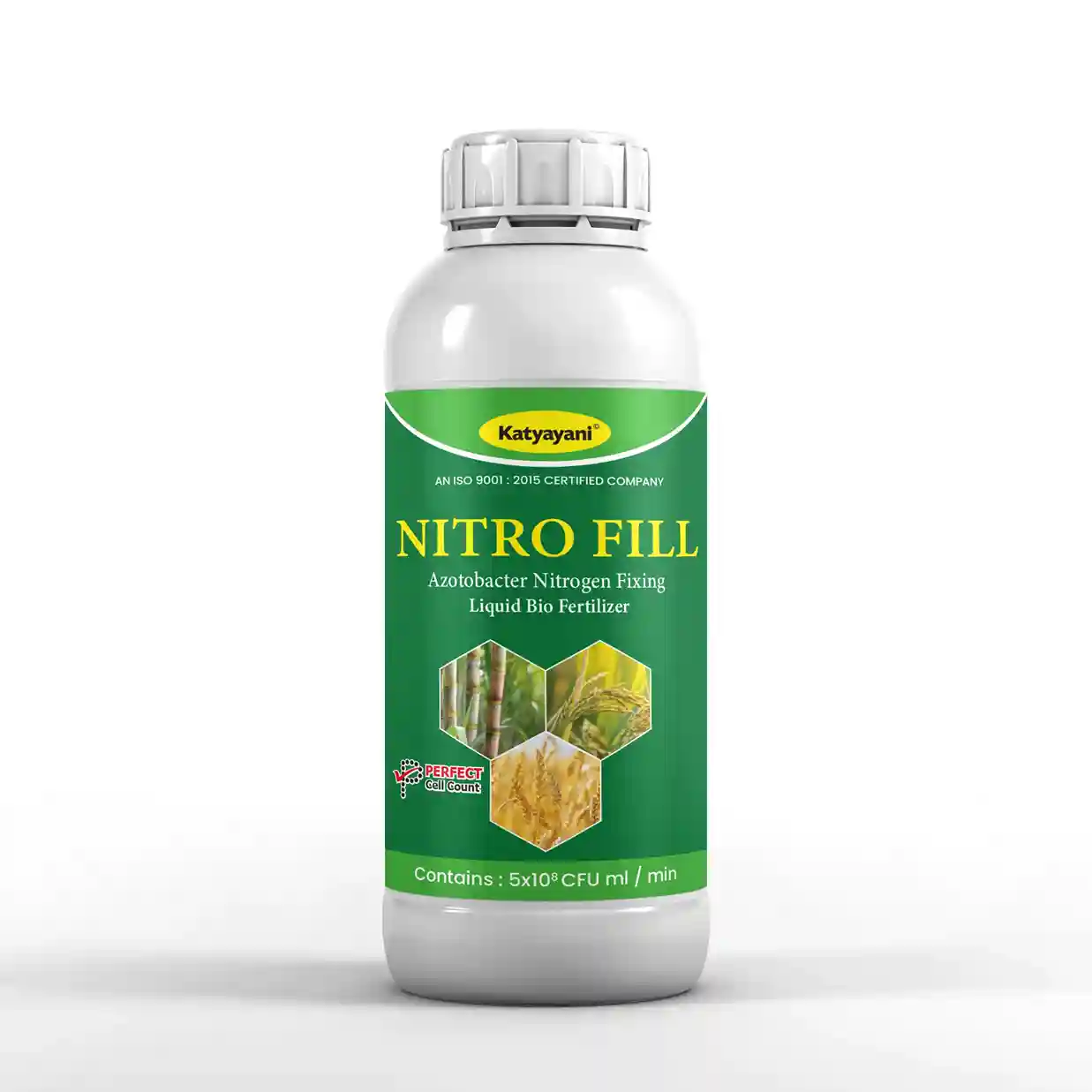




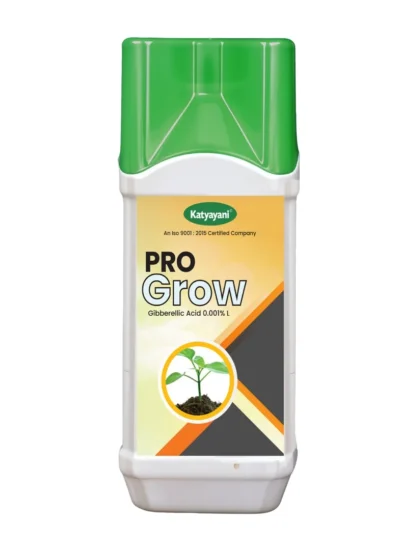
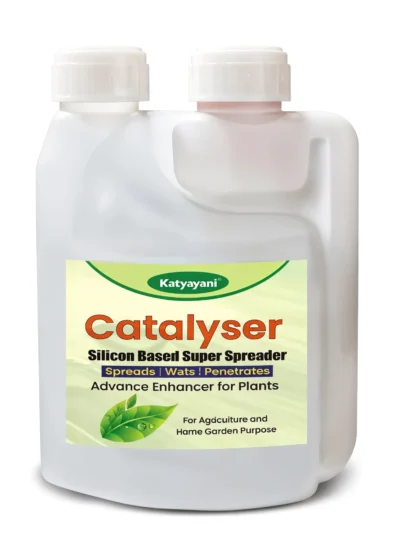
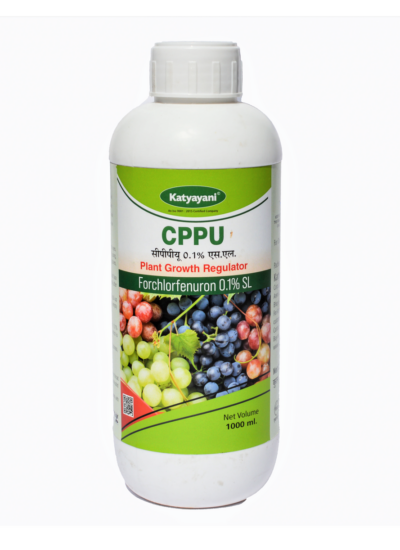
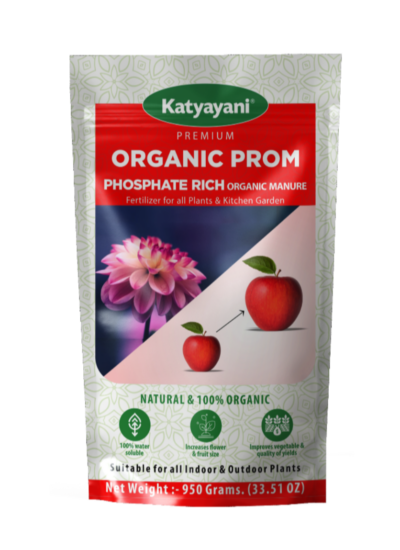

Thillai Chidhu –
Value for amount
Anubhav –
nice product